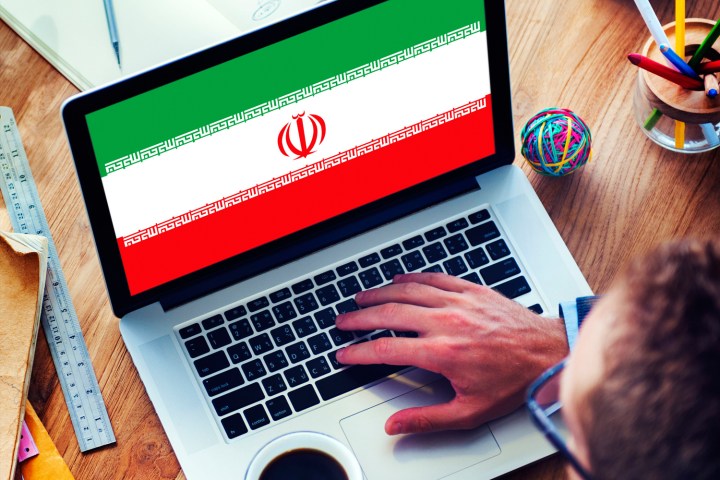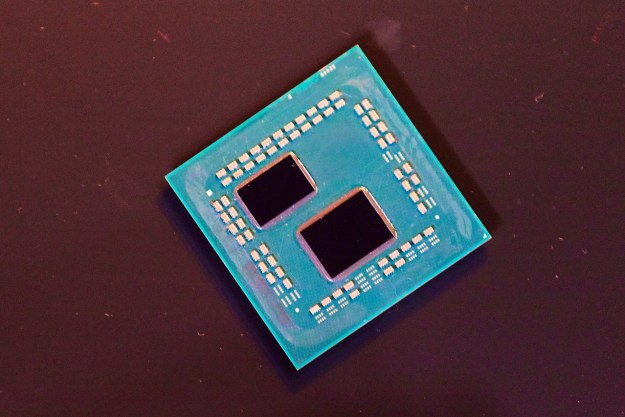
Of course that isn’t the way it’s being advertised domestically. As the BBC explains, Iran state media claims that it will offer “high quality, high speed” internet at “low cost,” compared to traditional sources. Even if that is the case, many detractors claim it will be even more restrictive than the internet already available through other channels.
As it stands, Iran blocks international social networks like Facebook and Twitter, as well as a number of other sources and sites. Teh government has had plans to introduce an internal intranet of sorts for years, in order to control the kind of content people see, and to promote its own brand of Islamic ideals with less influence from other cultures.
Another reason that Iran wants to internalize its internet is digital security. The government has experienced attacks from hackers, both individual and state sponsored, for years. Perhaps most famously its nuclear power plant program was damaged by the Stuxnet worm, which was allegedly created by the U.S. to restrict the country’s nuclear potential.
Currently though the new internet-related release is still in the earliest stages. This debut will see government services and domestic services made available, while a second phase in 2017 will see domestic video content supported. The final introduction will come in March 2017, and will introduce additional services and make it easier for companies dealing internationally to use it without breaking the restrictions.
Privacy advocates are already concerned about this plan though, asserting that user privacy will not be protected and that human rights may be violated by the selected content provided by the Iranian intranet.
The government has denied these claims, stating that the purpose is to protect user information.
Editors' Recommendations
- Alienware rolls out the first 480Hz laptop displays
- Internet shut down in Iran in response to large-scale fuel protests
- TP-Link rolls out its first midrange router sporting Wi-Fi 6 software specs




